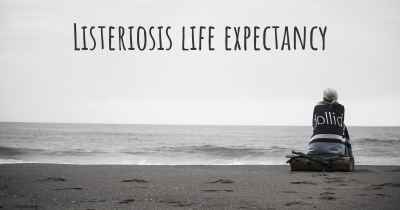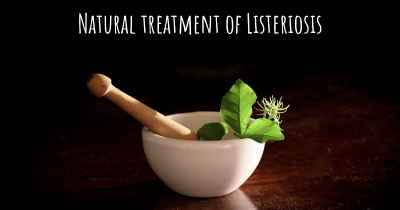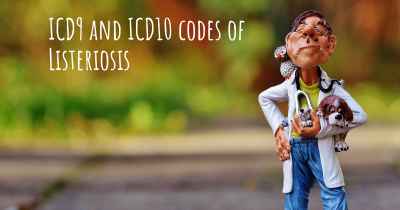Is Listeriosis hereditary?
Here you can see if Listeriosis can be hereditary. Do you have any genetic components? Does any member of your family have Listeriosis or may be more predisposed to developing the condition?

Listeriosis is not a hereditary condition. It is an infection caused by the bacterium Listeria monocytogenes. It is typically contracted by consuming contaminated food, such as unpasteurized dairy products, deli meats, and certain vegetables. Listeriosis can be particularly dangerous for pregnant women, newborns, the elderly, and individuals with weakened immune systems. It is important to practice proper food safety measures to prevent the spread of this infection.
Listeriosis is a serious infection caused by the bacterium Listeria monocytogenes. It is primarily transmitted through the consumption of contaminated food, such as unpasteurized dairy products, deli meats, and certain vegetables. While Listeriosis is not considered a hereditary condition, there are certain factors that can increase an individual's susceptibility to the infection.
Genetic predisposition can play a role in determining an individual's susceptibility to Listeriosis. Some people may have genetic variations that affect their immune response, making them more susceptible to infections in general, including Listeria infections. However, it is important to note that having a genetic predisposition does not guarantee the development of Listeriosis.
Pregnant women are particularly vulnerable to Listeriosis due to changes in their immune system during pregnancy. The infection can be transmitted to the fetus, leading to serious complications such as miscarriage, stillbirth, or severe illness in the newborn. Pregnant women should take extra precautions to avoid consuming high-risk foods and practice good food hygiene to reduce the risk of Listeria infection.
Individuals with weakened immune systems are also at a higher risk of developing severe Listeriosis. This includes individuals with conditions such as HIV/AIDS, cancer, diabetes, or those undergoing immunosuppressive therapy. These individuals may have a reduced ability to fight off infections, making them more susceptible to Listeria bacteria.
It is important to note that Listeriosis is primarily an acquired infection and is not passed down from parents to their children through genetic inheritance. However, certain genetic factors and individual circumstances can increase the risk of developing severe forms of Listeriosis. It is crucial to follow proper food safety practices and seek medical attention if experiencing symptoms of Listeriosis to ensure timely diagnosis and treatment.








